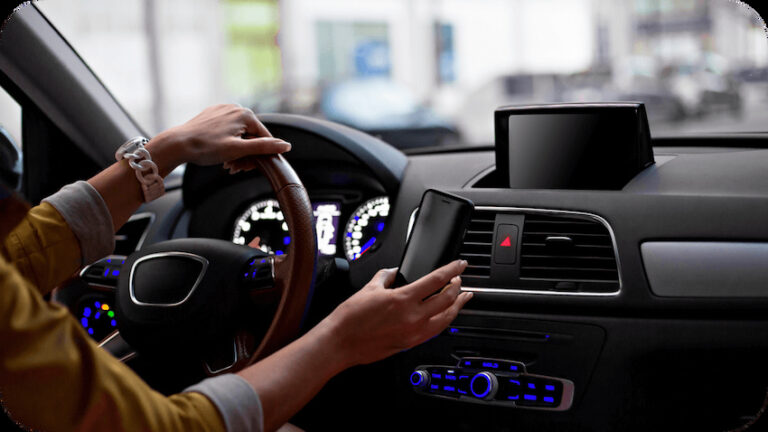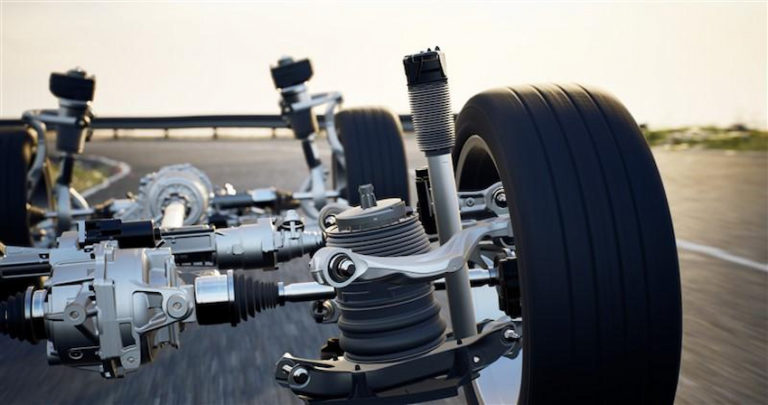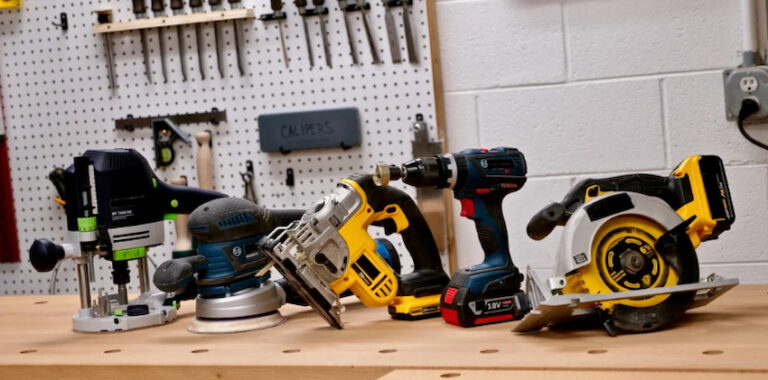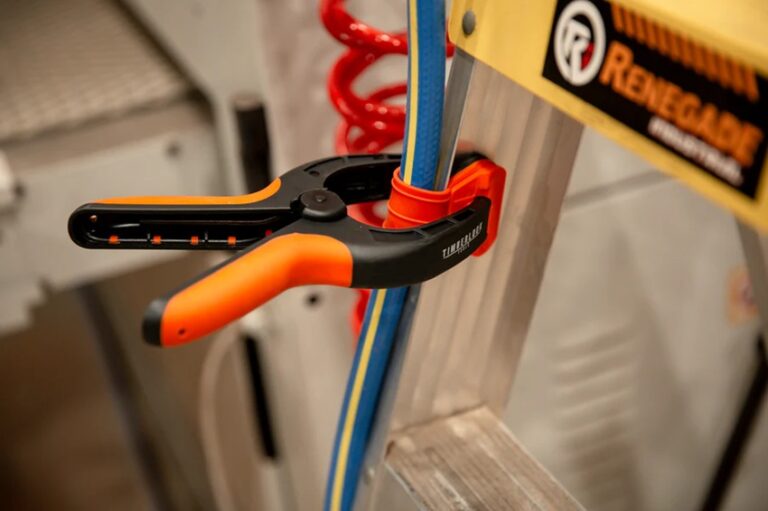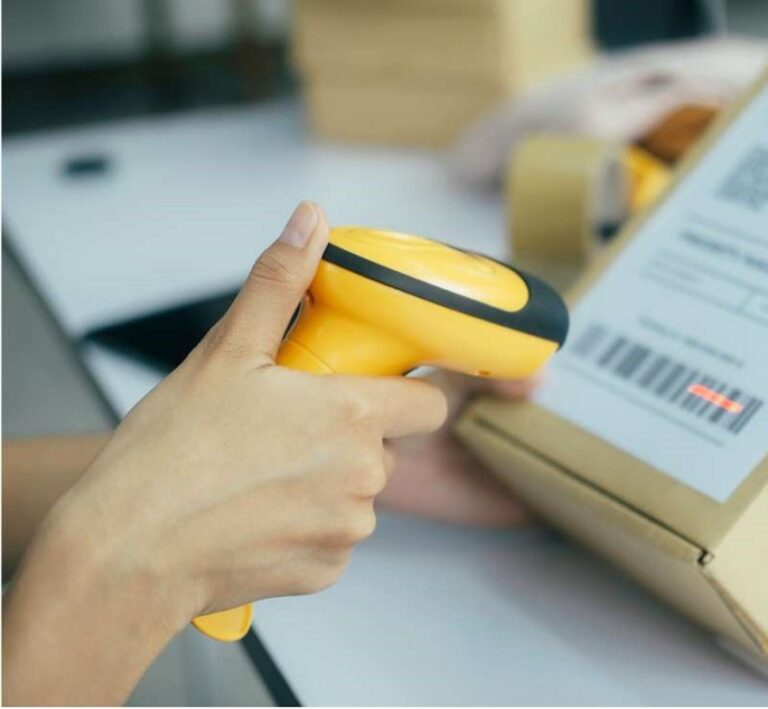A little competition isn’t a bad thing. If it weren’t for the cold war rivalry between the Americans and Russians, a lot of today’s technologies wouldn’t have existed. This includes your broadband, cable TV, your mobile phone, all types of weaponry and aircraft and anything that works with the help of satellites. GPS or the Russian GLONASS systems are widely used in many fields, from telecommunications, civilian aviation, mapping and navigation in all sorts of vehicles, search and rescue missions, to tracking your daily workouts. Wearables and trackers are where GPS and similar systems find the most widespread use.
What are GPS Trackers?
GPS tracking devices are small portable transmitters that help users track their location. They are primarily used in vehicles, as car tracking devices.
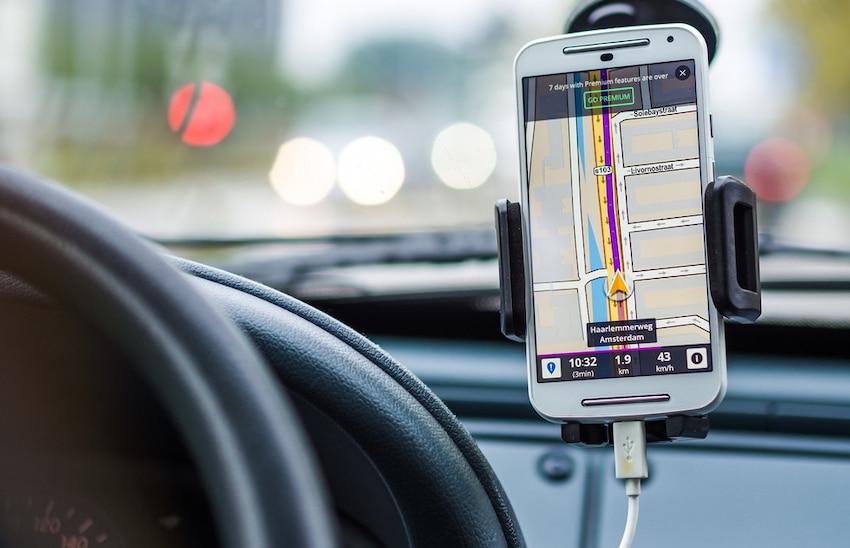
Devices like in-built car navigation or apps downloaded on a phone with a cellular network function in similar ways. While GPS car navigation systems are used to reach a certain destination, trackers provide you with the current location of the vehicle, and also past history. Phone apps are helpful in tracking and monitoring the movement of family members, like teenage kids or elderly parents.
How do Trackers Work?
GPS trackers, like tracker for car, transmit signals that are picked up by a network of satellites. These signals are then relayed to wireless ground stations that transfer data to compatible devices like phones or computers. The American GPS system is most widely used, though others like Russia’s GLONASS, the EU’s Galileo or China’s BeiDou are also used. Trackers compatible with multiple satellite systems can provide for more precise tracking.
What to Look for in Car Trackers?
Car trackers can be cheap basic units or fully-featured units that provide a ton of information. Besides cars, they can be used to track trucks, boats, motorcycles, trailers, caravans and more. Here’s what to look for when choosing the right tracker:
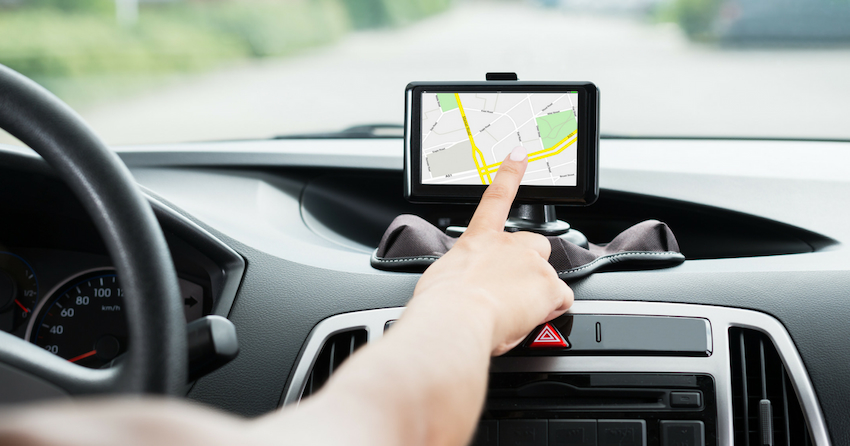
Real-Time Tracking
The benefit of installing a GPS tracker for car is finding the exact location of your vehicle right now. This is active or real-time tracking. A tracker can emit signals every few seconds, and its location is picked up by a series of satellites to pinpoint its current location. This provides the most precise data as to the whereabouts of the vehicle. Information regarding current speed and direction, and vehicle parameters like fuel consumption, and engine condition are also provided by hooking up to the car’s ECU. For general or passive tracking, longer update intervals are used, though accuracy, like the exact route, is affected. Data here is stored and evaluated after the car is returned to a specified location.
Use of Multiple Satellite Systems
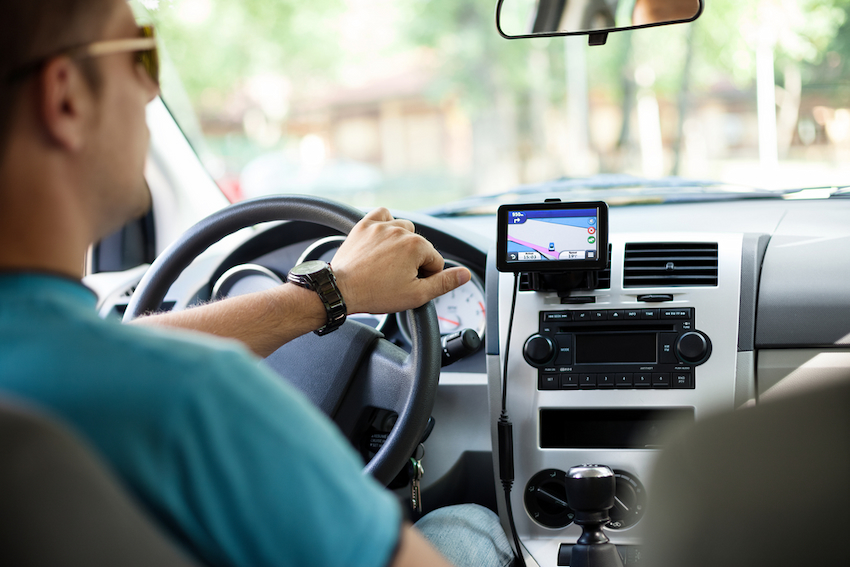
Like most sports watches and phones today, car trackers don’t rely solely on GPS. Look for units that can relay their location to other systems. More satellites mean better real-time tracking.
Design, Size and Build
Car trackers need to be small, durable and lightweight. To fit in inconspicuous areas, say in the engine bay, under the dash, or on the chassis, car trackers are made of hardened plastic housings which are water, heat and dust resistant. Internal circuits also need to provide precise data under varying driving conditions, including vibration or strong magnetic fields.
Power is provided in two ways. The tracker can connect to an outer power source, or have a rechargeable battery. For tracking vehicles for longer periods, the first choice is the better option, as these are often set-and-forget units. Smaller trackers can provide tracking for up to two weeks on a full charge. Batteries drain the most when short interval real-time tracking is activated.
Tracking and Monitoring
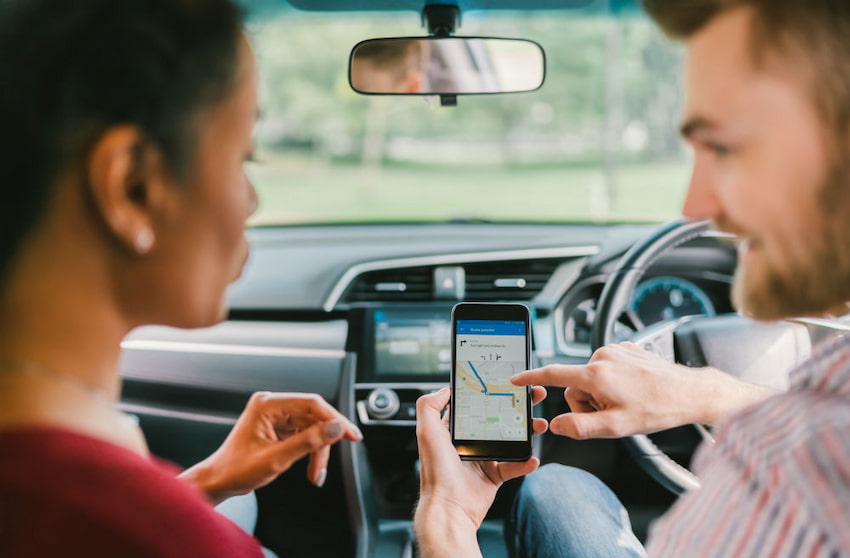
A tracker for car uses a pre-installed sim card to send data through a cellular network to a device of your choice. Cards and operators can be changed to suit your needs and include monthly or yearly subscription plans. Users receive notifications in several ways. Companies have either web-based portals or proprietary apps that can be used on Android and iPhones, tablets and computers. These feature mapping and the current speed, location, fuel consumption, vehicle diagnostics, or even register any abrupt changes, like doors opened or activated alarms. Current and previous routes are recorded and stored in the route history. Some trackers also have geo-fencing, to alert owners that a user-specified zone on the map has been breached.
Uses of Car Trackers
Trackers are extensively used by private owners as anti-theft devices. If your car is stolen or towed from the last place you parked it, the tracker makes it easy to locate and retrieve. The whereabouts can also be relayed to the police, so the whole procedure ends quickly. Trackers are also installed in caravans, trailers and boats, so you’ll know where these are at all times.
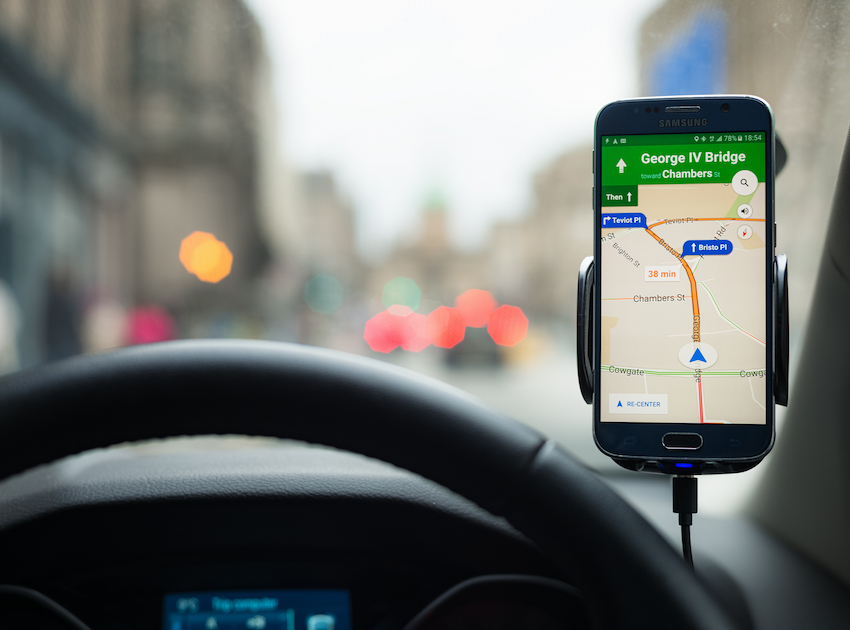
Fleet and shipping companies use trackers to increase efficiency. Vehicles installed with trackers can provide managers with data for the location of every vehicle, whether the delivery is on time or late, if drivers are speeding or deviating from the designated route (with geo-fencing), or if the vehicle is used outside normal business hours. Additional information like vehicle engine status and fuel usage help establish more efficient routes.
GPS vehicle trackers are inexpensive devices that are easily installed on any vehicle. They provide valuable data and protection for companies and private owners. Popular models are produced locally by renowned automotive equipment manufacturers. Get yours, factory direct or through authorised retailers.







